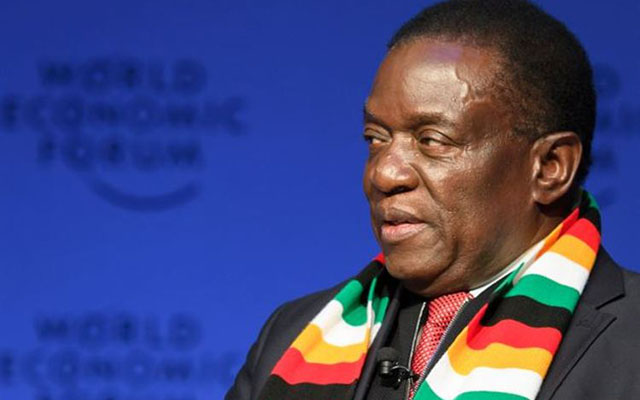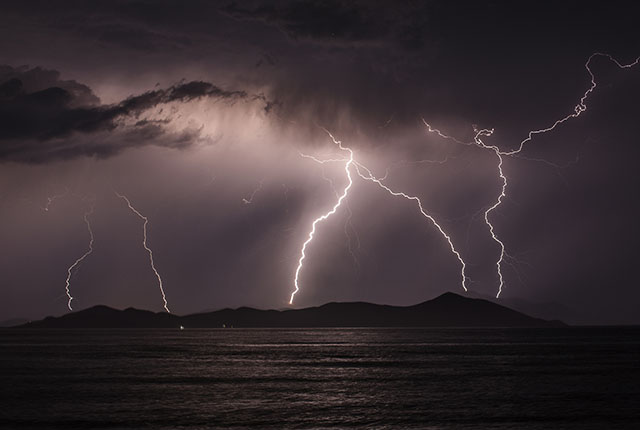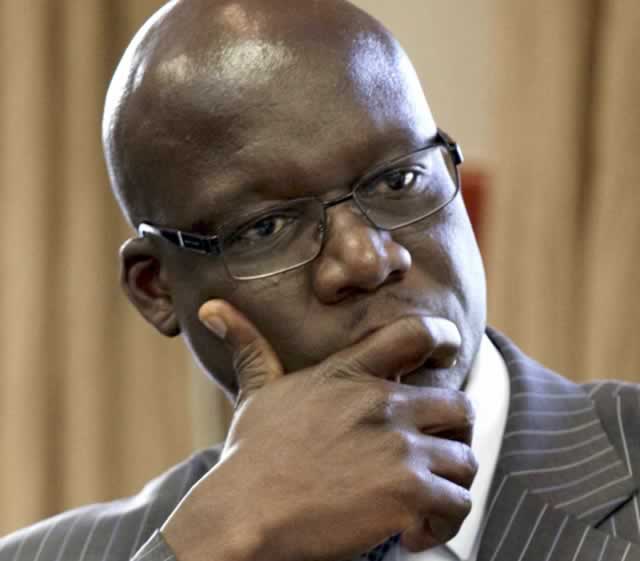Elections, reform and renewal in Sadc
Timo Shihepo Correspondent
Zimbabwe’s President Emmerson Mnangagwa has declared that national elections will be held in the next four to five months, which will see Zimbabwe conforming to its Constitution and complete its transition from the previous era of Cde Robert Mugabe, who stepped down last November.
The new leader has added the cherry on top by declaring that elections will be free, fair and credible, a trajectory that will aid Zimbabwe gain international credibility.
Zimbabwe will need that as it seeks to rebuild its economy and external relations after years of isolation at the instance of powerful Western countries that have lately warmed their disposition towards the southern African country.
Elections in Zimbabwe will trigger a domino of electoral processes that are due to take place in the region in the next two years — and they are all important.
Countries like South Africa, Democratic Republic of Congo (DRC) and Botswana are all set to join Zimbabwe in having a new president within the next two years.
Other SADC countries — Namibia, Tanzania and Angola — have already elected new presidents and have seen significant changes in their respective nations.
There is also a significant sense of reform and renewal in Southern Africa — not least by President Mnangagwa himself.
“Mnangagwa is the second executive (President) for his country, I am the third President of Namibia so in SADC we have new presidents. We have new presidents in Mozambique, Zambia, Tanzania and in Angola, so aluta continua. We shall maintain the consistency and principles,” Namibia’s President, Hage Geingob, said in a meeting with President Mnangagwa, held in Namibia three weeks ago.
Geingob added that in SADC, the region decides who becomes president and that the West does not interfere in the presidential changes.
“During the transition in Zimbabwe last year, it’s the people of Zimbabwe and SADC that made the transition. You didn’t see Washington or London. Today it’s the AU and SADC that decide whether the government is recognised or not, not Washington or London,” he said.
Botswana
Botswana’s president Ian Khama will step down this year in April — a year before he was set to leave office. His deputy, Mokgweetsi Masisi will take over the helm until next year’s presidential elections.
Meanwhile, Botswana’s four main opposition parties launched a coalition to challenge the ruling Botswana Democratic Party (BDP) in the 2019 elections.
South Africa
After winning the race to become the African National Congress (ANC) president — Cyril Ramaphosa — is widely expected to win the national elections next year and succeed Jacob Zuma as the country’s president.
Ramaphosa will lead the revolutionary party, ANC, into next year’s elections and will hope to restore the tarnished image of ANC both at home and abroad.
Since his elevation last December, there have been movements in the economy with markets responding positively at his prospects, which will be seen once the leadership question is brought to rest in the coming few months.
Democratic Republic of Congo (DRC)
The troubled southern African country is set to go for elections in December 2018, if the incumbent President, Joseph Kabila, allows it.
The security situation in the DRC has become increasingly volatile ever since the December 2016 deadline for elections was missed and a peace agreement brokered by the Catholic Church also in December last year, fell apart.
Kabila has refused to step down and has initially agreed for December 2018 elections.
However, there is a fresh twist as late last year, Kabila refused to host former Namibian president, Hifikepunye Pohamba as the SADC special envoy for peace talks.
Pohamba was appointed as the SADC special envoy to DRC in August 2017, as tension intensified because of overdue presidential and national assembly elections in the southern African country.
Pohamba’s office in Namibia has confirmed that the special envoy’s mission to DRC is off with no new date set.
Angola
New Angolan president, João Lourenço, who replaced long-time leader — José Eduardo dos Santos — has already started to ring changes with his new administration.
Lourenco (63), assumed office in September 2017, following elections that marked the end of the 38-year rule of Dos Santos, who said he wanted to quit active politics. Many thought that the new president would be carrying the interest of Dos Santos forward, but his latest actions have proven otherwise.
Lourenço recently dismissed the son of his predecessor as chairman of the country’s $5 billion sovereign wealth fund, further loosening the grip of the Dos Santos family on key areas of state.
The dismissal came after Laurenco removed his predecessor’s daughter, Isabel, as chairwoman of the state-owned oil company Sonangol, and fired the central bank governor and the head of diamond company Endiama. He has also terminated management contracts for state TV channels with two other Dos Santos’ children.
The dismissals have earned him the “relentless remover” tag. Lourenço is now focusing on reforming the country’s economy, which has been crippled by low crude prices, soaring inflation and a shortage of foreign currency needed to import products.
Namibia
Namibia’s President, Dr Geingob will be contesting presidential elections for the first time as the president of both Namibia and the ruling party, swapo in 2019.
Geingob, who became Namibia’s president in 2014, faced a conundrum of not being swapo president until last year’s congress.
Geingob will now have to mend the relationship with a swapo faction which used to hurl insults at him in days leading up to the congress.
Geingob, who is expected to win a second term, is also tasked with reviving the country’s economy, which has been performing below expected levels for the past two years.












Comments